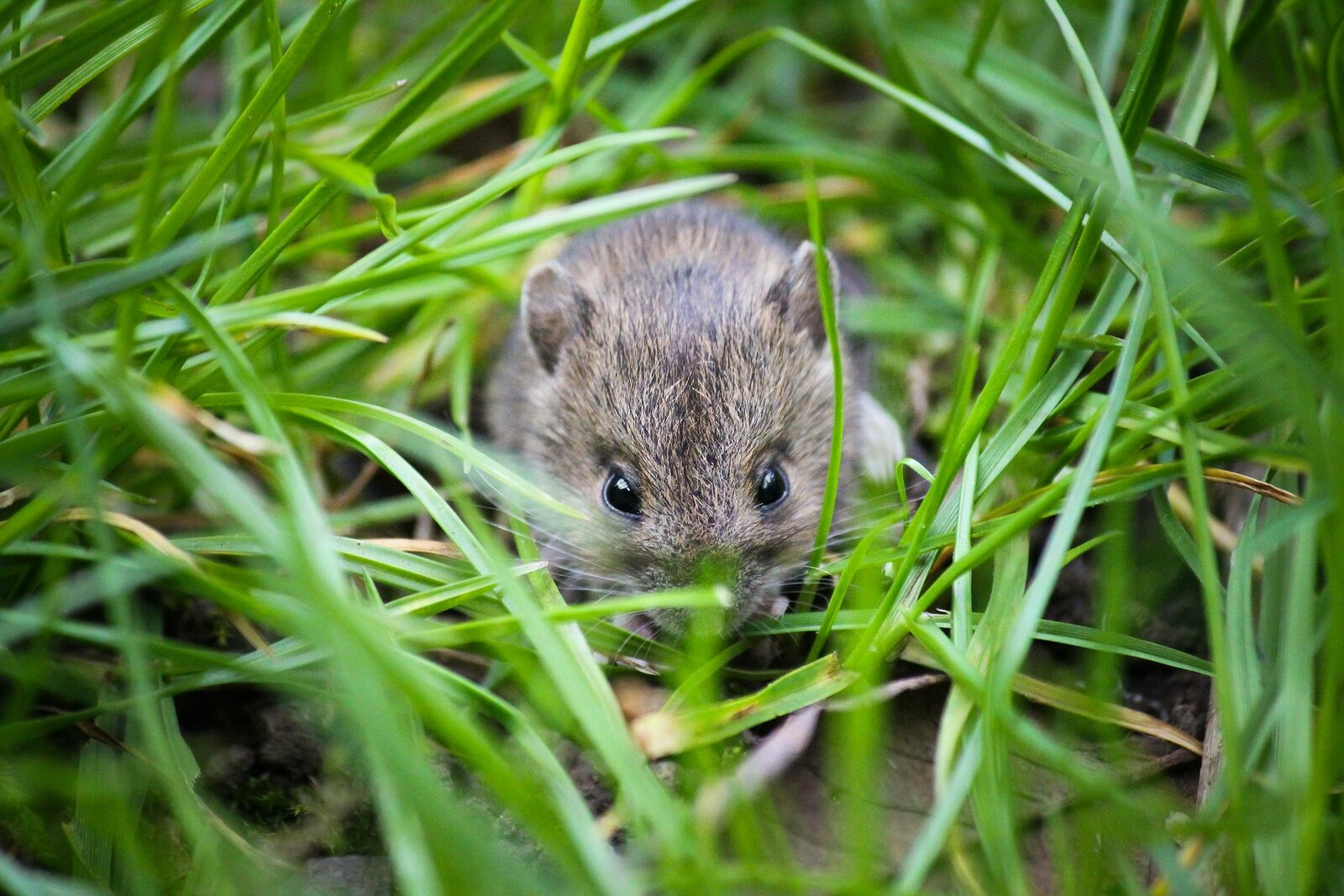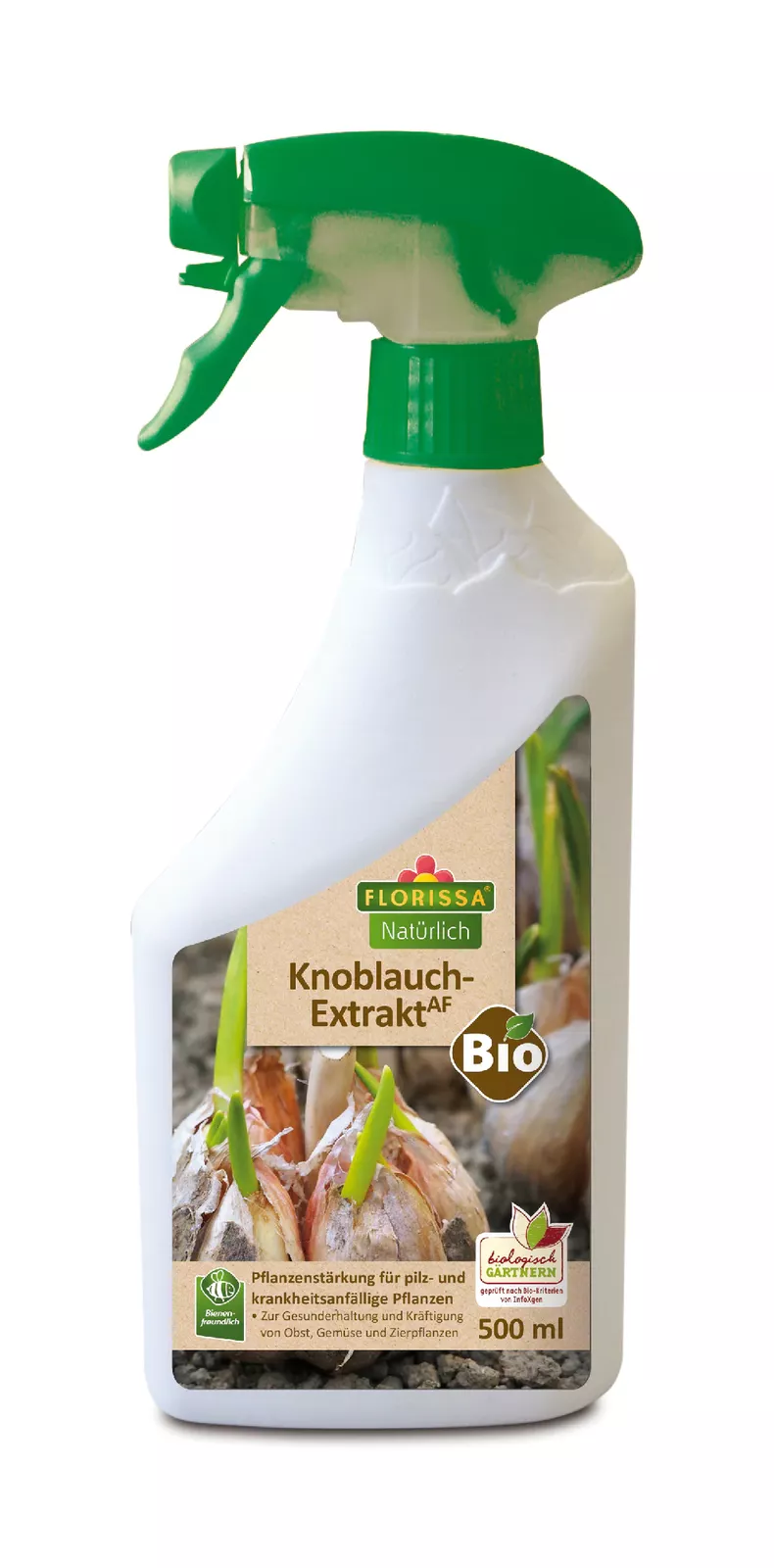Drive away & control voles: how it works
Voles, shear voles and rats: Recognizing voles
Voles (Arvicolinae) include not only species such as field mice, bank voles and water voles, but also muskrats and lemmings. Voles that cause damage in the garden usually belong to the species of water vole and are also known as rats. They have a blunt head, small ears and their color ranges from grey and brown to reddish-brown to black. They are usually found in light and medium-heavy soils and near wetlands.
What do voles eat?
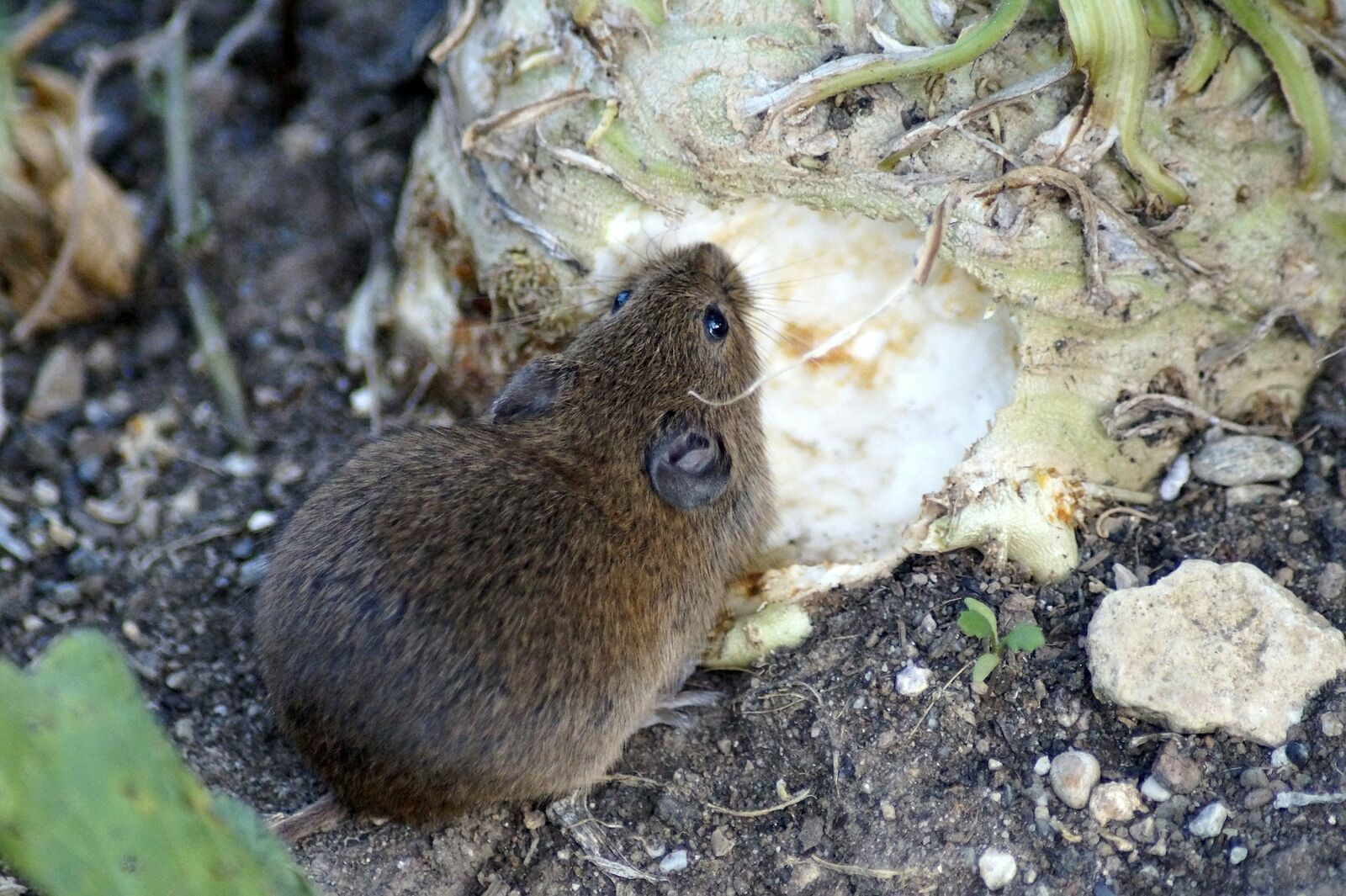
Water voles cause particular damage to root vegetables (e.g. carrots, parsnips, beet, celery and Jerusalem artichokes), perennials and potatoes. Tulip bulbs and other flower bulbs, as well as the bark of roses and fruit trees, are also readily eaten.
Mole or vole in the garden?

Moles are a protected species, so they must not be disturbed or controlled. They eat pests and also eat vole clutches, but not plants. In contrast to moles, water voles create elongated and flat mounds with the hole on the side. The mole constantly throws new soil material onto its mound. Their mounds are also larger and round.
Vole or rat?
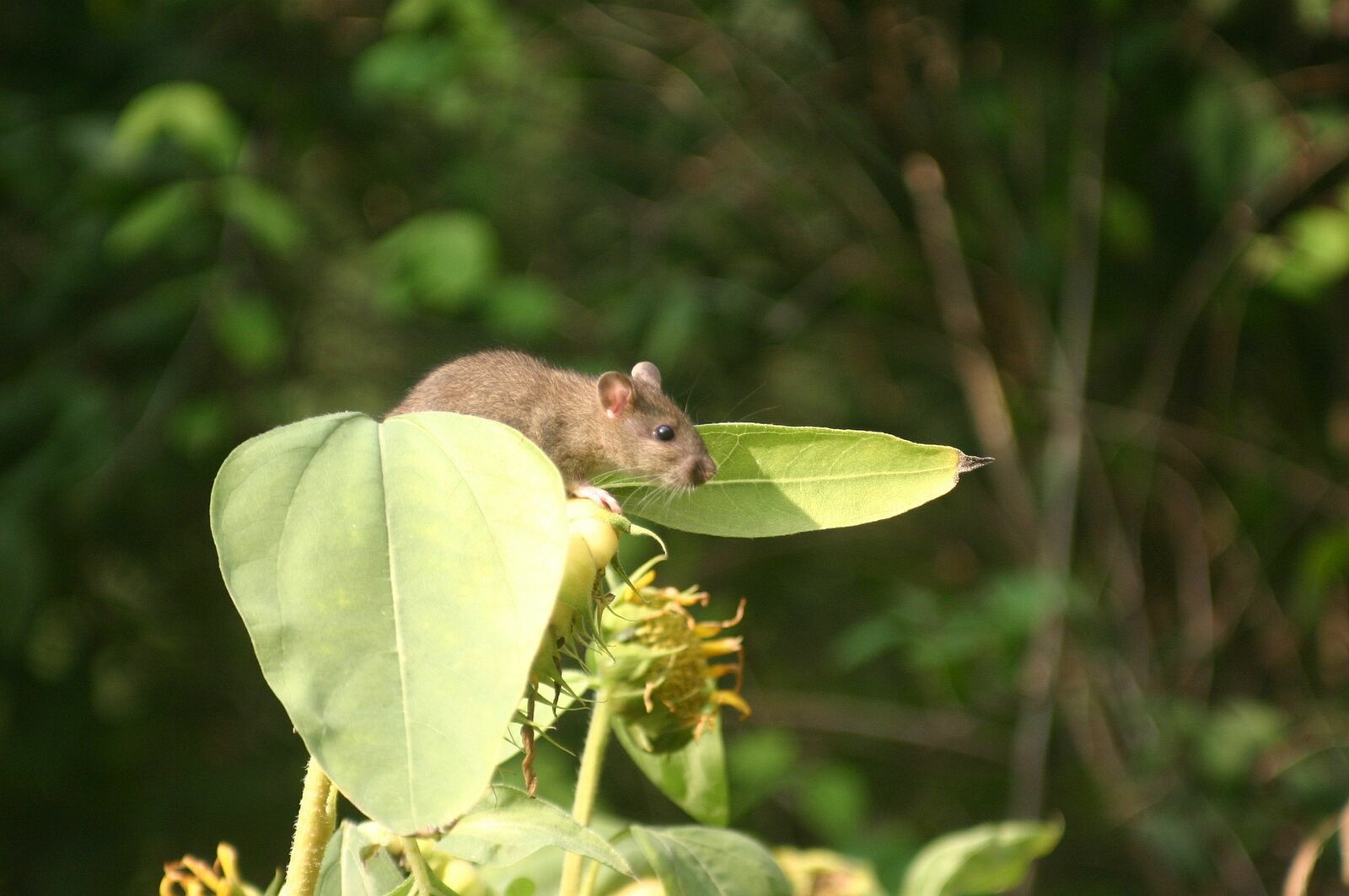
Rats are significantly larger than voles, as are the holes they dig. At 8-20 cm in diameter, they are larger than those of mice (approx. 5 cm x 8 cm, oval). While the holes of voles tend to be on the side, the holes of rats lead vertically into the ground. Unlike mice, they do not leave a pile of earth around the holes and you can often spot them at dusk.
What helps against voles?
A fairly safe way to prevent mice from getting to your plants is to put a wire mesh or basket around your plants. We advise against using any poisons or pesticides, as they not only harm the mice, but also other animals and beneficial insects in the garden. In addition to lethal traps, there are also live traps that are placed in front of the entrances and exits of the tunnels. Rattling noises from plastic bottles or tin cans hanging on sticks should help to keep mice away.
Home remedies against voles
Certain household remedies can help in some cases against rodents. The smell of vinegar, coffee grounds or buttermilk disturbs the rodents and they avoid the areas where the smell is present. To distribute these odorous substances at the entrances and exits of the tunnels, they should first be cleared by approx. 30 cm, as the voles shovel them up. Baking soda helps against ants, but does nothing against voles.
Protect root vegetables with mixed cultivation
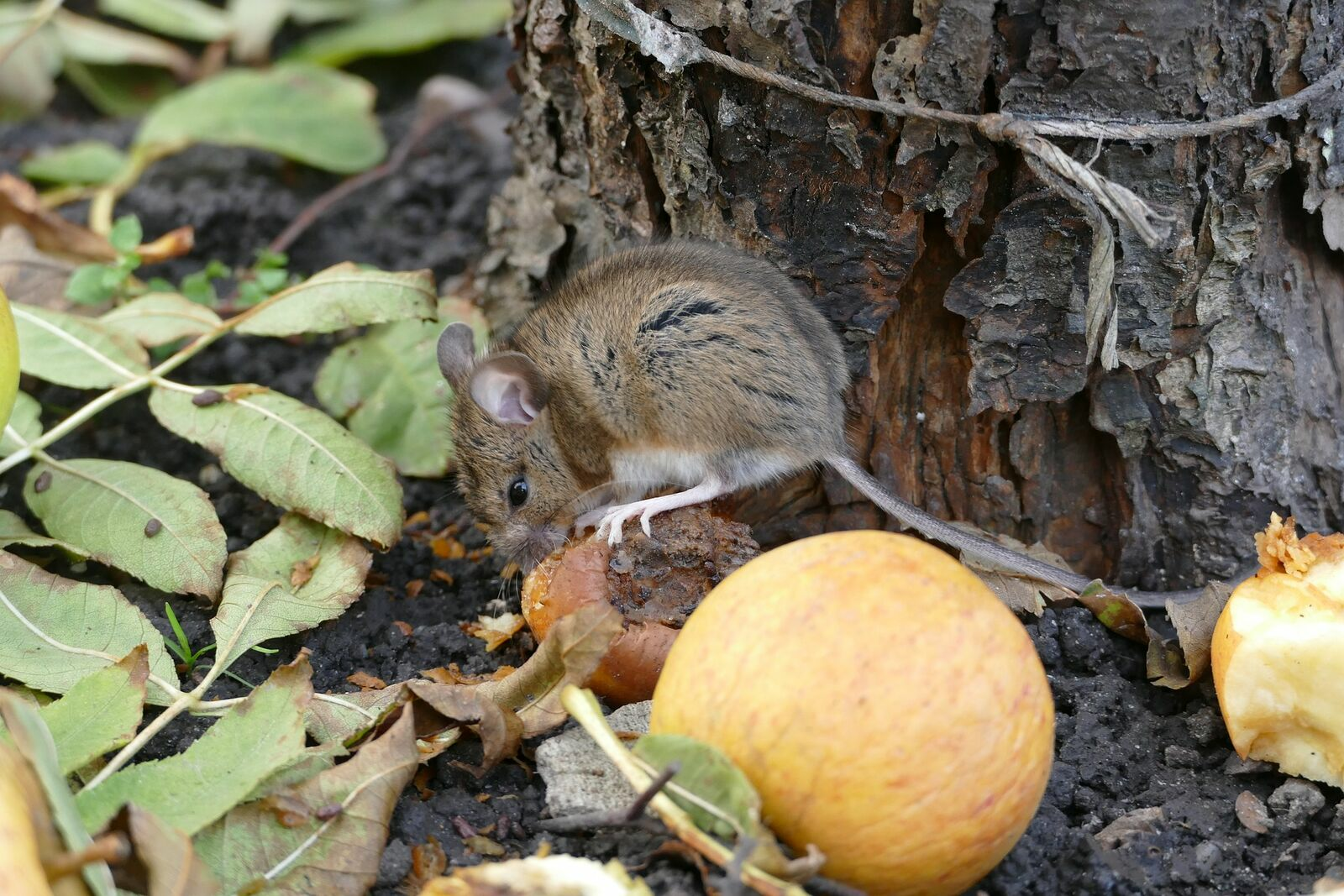
Voles not only prey on vegetable plants, but also on wild herbs and flowers. A colorful garden with a mixture of wild plants, herbs and vegetable plants helps to keep the damage to root vegetables to a minimum, as the mice can also find food elsewhere. Flowering plants also ensure that insects find enough food in your garden and encourage beneficial insects.
Plants against voles: Combat voles naturally
- Place odor-intensive species such as basil, elderberry, catnip, garlic, narcissus and spurge around the edges of the bed - You can also spread the plant juices or teas of these plants at the entrances and exits of the tunnels. This can help to ensure that the mice no longer use the holes and settle elsewhere.
Natural enemies of voles
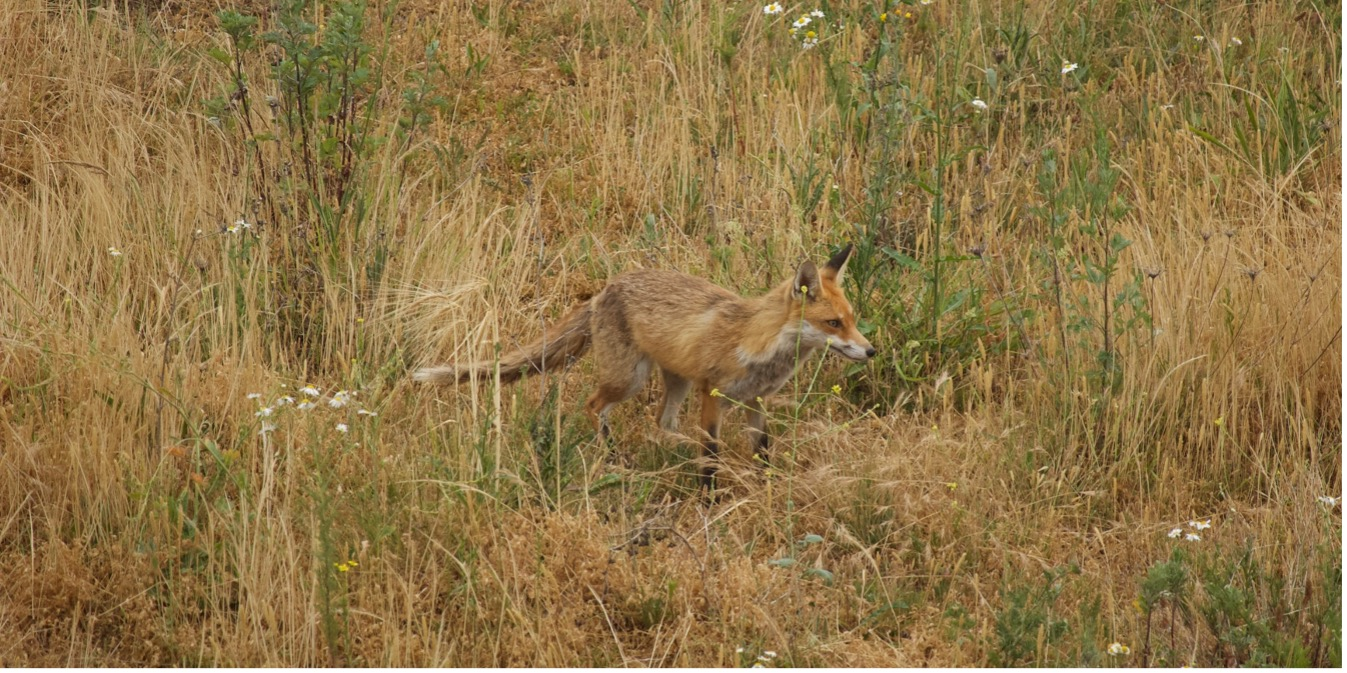
The vole's predators include owls, foxes, voles, moles, weasels and birds of prey. You can encourage these animals with certain measures such as a pile of dead wood and stones (weasels), a passable fence (fox) and perches (must be 3-4 m high) for birds of prey. The hunters will quickly cause trouble for the voles in your garden.
